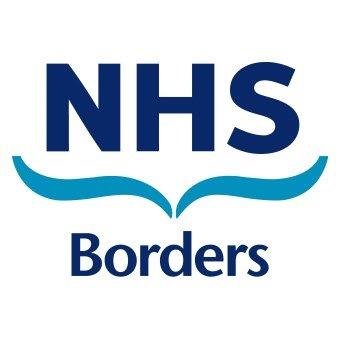Who to refer:
- Patients with tTG antibody >60AU on two occasions (no biopsy diagnosis)
- Patients with tTG antibody 20-59AU (refer for upper GI endoscopy for consideration of duodenal biopsy)
- Patients with tTG antibody <20AU consider watch and wait
- All patients must continue to eat adequate amounts of gluten until instructed otherwise by secondary care
- Patients can be provided with this information sheet on why and how they need to keep eating gluten until they have been told to stop by secondary care: PIL Continuing to eat gluten when a diagnosis of coeliac disease is being considered
Who not to refer:
Patients with known coeliac disease who need further input for their condition should be referred to the dietetics service in the first instance.
How to refer:
Patients with tTG levels 20-59AU:
Borders General Hosptial -> Endoscopy -> Endoscopy B
For consideration of biopsy to obtain diagnosis via endoscopy
Patients with tTG levels >60AU
Refer patients to both Gastroenterology and dietetics with separate referrals via SCI Gateway using the following pathways:
Borders General Hospital -> Gastroenterology -> Borders General referral
Borders General Hospital -> Dietetics -> B Control IT
